6 Essential Books for Those with an Addicted Loved One
Posted on April 18th, 2023 by admin in Sober living | No Comments »

SLAA did not respond to NPR’s requests for comment, and does not track the demographics of its membership. (After all, it is anonymous.) Vare says many younger people may be drawn to these groups because of the avalanche of apps that enable addictive behavior. By Buddy TBuddy T is a writer and founding member of the Online Al-Anon Outreach Committee with decades of experience writing about alcoholism. Because he is a member of a support group that stresses the importance of anonymity at the public level, he does not use his photograph or his real name on this website.
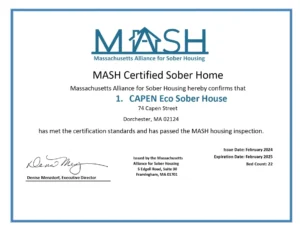
Ways to Help When Loving Someone With an Addiction
- ” Remind them often that you are willing to be their recovery support.
- It takes time to go to personal therapy sessions, and there’s often homework to complete between sessions.
- We’ll explore six common challenges while also offering support, validation, and a path toward healing.
- But psychological withdrawal can happen as well – leading to people feeling fatigued, depressed, unmotivated, anxious, or insecure.
- During this time you will also need to create a list of things that you know you will have to change as part of your goal of letting go of an addict you love.
- Understanding that addiction is not a choice might help you let go of anger and resentment you may be feeling about your loved one’s addiction.
- When an addiction develops, family members and friends are also often directly impacted by the addiction.
Use person-first language, such as referring to them as a “person with addiction.” By looking after yourself, you’ll be better prepared to support your loved one through their recovery, even during tough times like relapses. Loving someone with an addiction can be very draining emotionally and physically. Make sure to take care of your own needs, seek support, and do things that make you happy and fulfilled. Addiction can lead to considerable expenses for both the individual dealing with substance abuse and their loved ones. It’s important to be compassionate, but you also need to protect yourself from further pain.
- When a friend, family, spouse, or loved one finally takes the first steps towards living a life in sobriety, it’s only natural that you want to learn how to support someone in recovery.
- But saying things like, “If you loved me, you’d quit,” is damaging behavior that almost never works.
- Educate yourself on this illness and vent any judgments you may have with other people.
- David Sheff is a master storyteller whose writing is brutally honest and thought provoking.
I’m Seeking Help
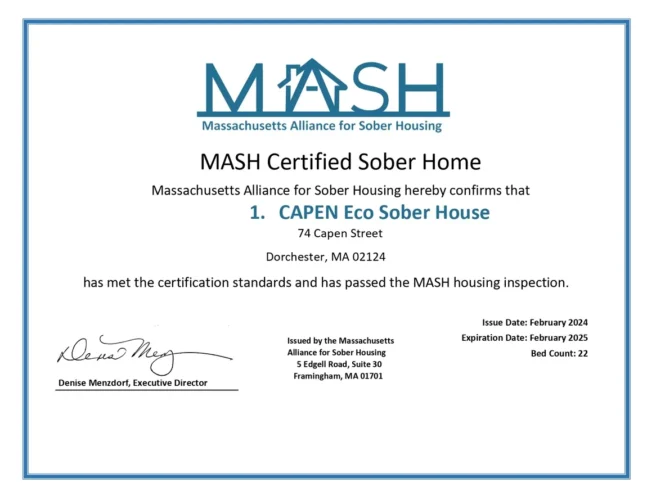
Setting boundaries can be difficult, but it’s sometimes the only way to preserve a relationship with someone dealing with substance use disorder. Express your feelings and concerns openly while actively listening to your partner. Avoid blaming or shaming each other and focus on finding solutions together.
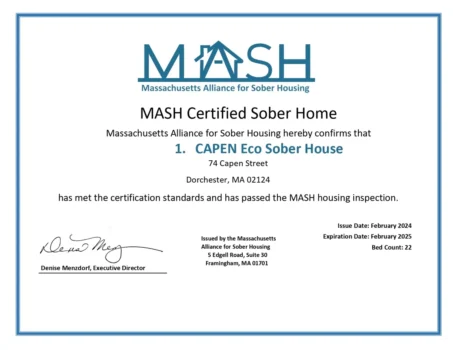
Living With a Recovering Drug Addict or Alcoholic
- Communicating with someone with addiction can also be hard if you have a history of supporting their addictive behavior.
- Newly recovering addicts may have trust issues, and breaking a confidence violates their trust at a deep and personal level.
- It results in a distorted value system that shifts toward supporting ongoing substance use.
It’s no surprise, then, that some families in the recovery process struggle with sleep. Parts of their brains are ready and waiting for loving an addict the next nighttime crisis to arise. These statistics represent millions of people struggling with substance misuse and addiction, and nearly all of these people have family members and friends rooting for their eventual recovery. Families play a large role in the recovery process, so it is important for spouses, siblings, parents, children, friends and others to understand how to help.
- In fact, a 2014 Stress in America survey found that around 43% of adults use exercise to cope with stress.
- These changes will recover – but it often takes months or years of recovery for an addicted brain to return to normal.
- You don’t need to shoulder the burden of your loved one’s recovery.
- If your partner is still actively engaged in drug or alcohol use, it can have significant negative effects on your well-being and the relationship.
How To Support Someone In Recovery: 6 Big Ways To Help
It is important to separate the person from their addiction and approach them with empathy and understanding. This approach helps in building trust and fostering a safe space for open communication. Loving an addict can be a challenging journey, but with understanding, open communication, and a focus on self-care, it is possible to navigate the complexities of a relationship in recovery.
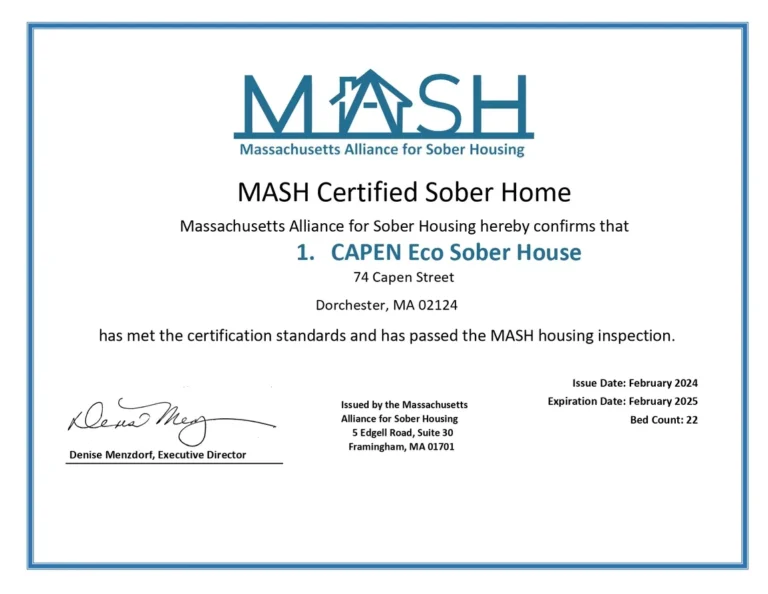
Provide Encouragement
Most family members of an addicted person have been trying to change that person for a long time, and it hasn’t worked. We simply can’t stop people from doing things if they choose to continue. Family owned and operated since 2014, Infinite Recovery was founded by Michael & Ylianna Dadashi to give those struggling with addiction a second chance and help to rebuild their lives. Clean and sober since 2009, Michael is passionate about helping others discover their authentic self and live a life of true freedom and purpose. Encourage your loved one with addiction to take the first step toward recovery — reach out to us today to find out how. Understanding these challenges is the first step towards healing and finding effective ways to support both yourself and your loved one.
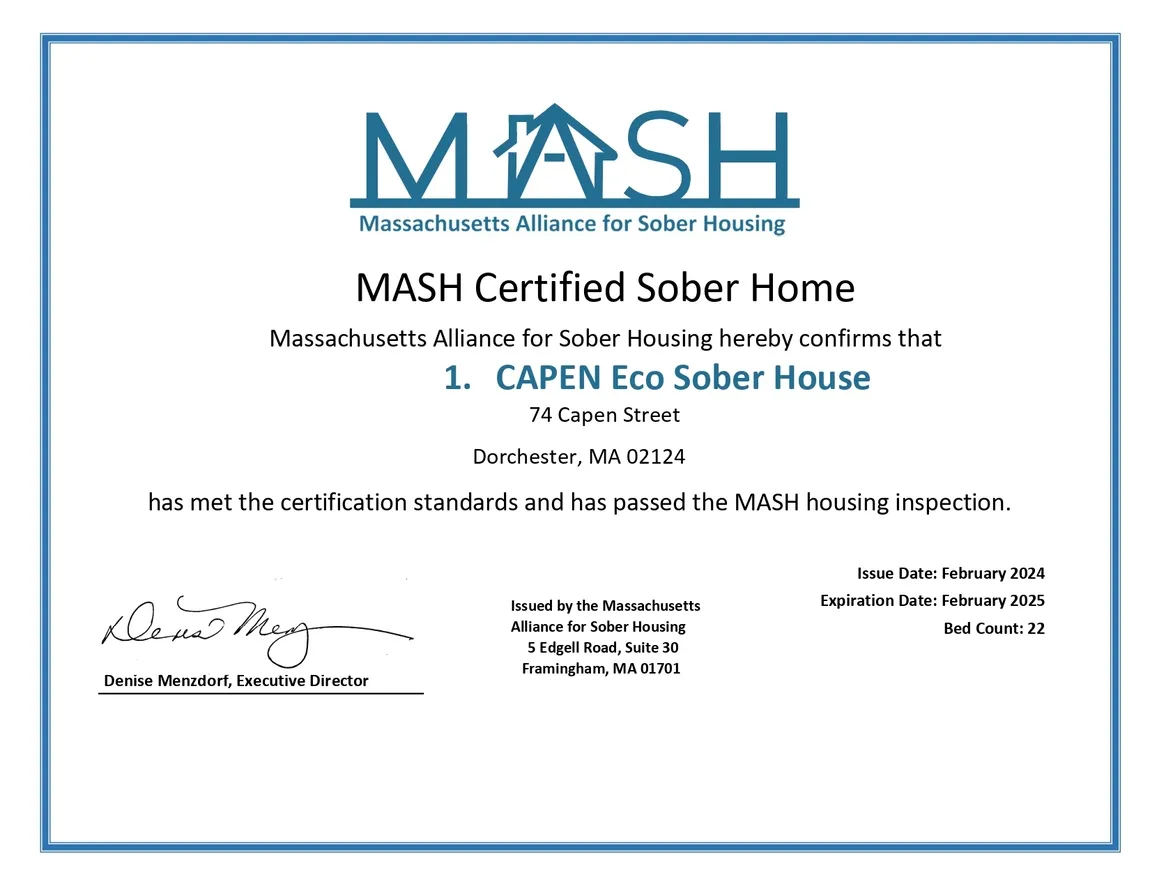
Others echoed a sentiment shared by Courtney Davila – that their reasons for attending were not necessarily about dating or porn apps. One of the benefits of loving an addict in recovery is the unique perspective and renewed appreciation for life lived one day at a time. Because they’ve taken the time for introspection during recovery, many recovering addicts have a much stronger sense of their strengths and weaknesses than the average person. This type of partner can bring wonderful insights and clearer communication into a relationship than most people. We publish material that is researched, cited, edited and reviewed by licensed medical professionals.




